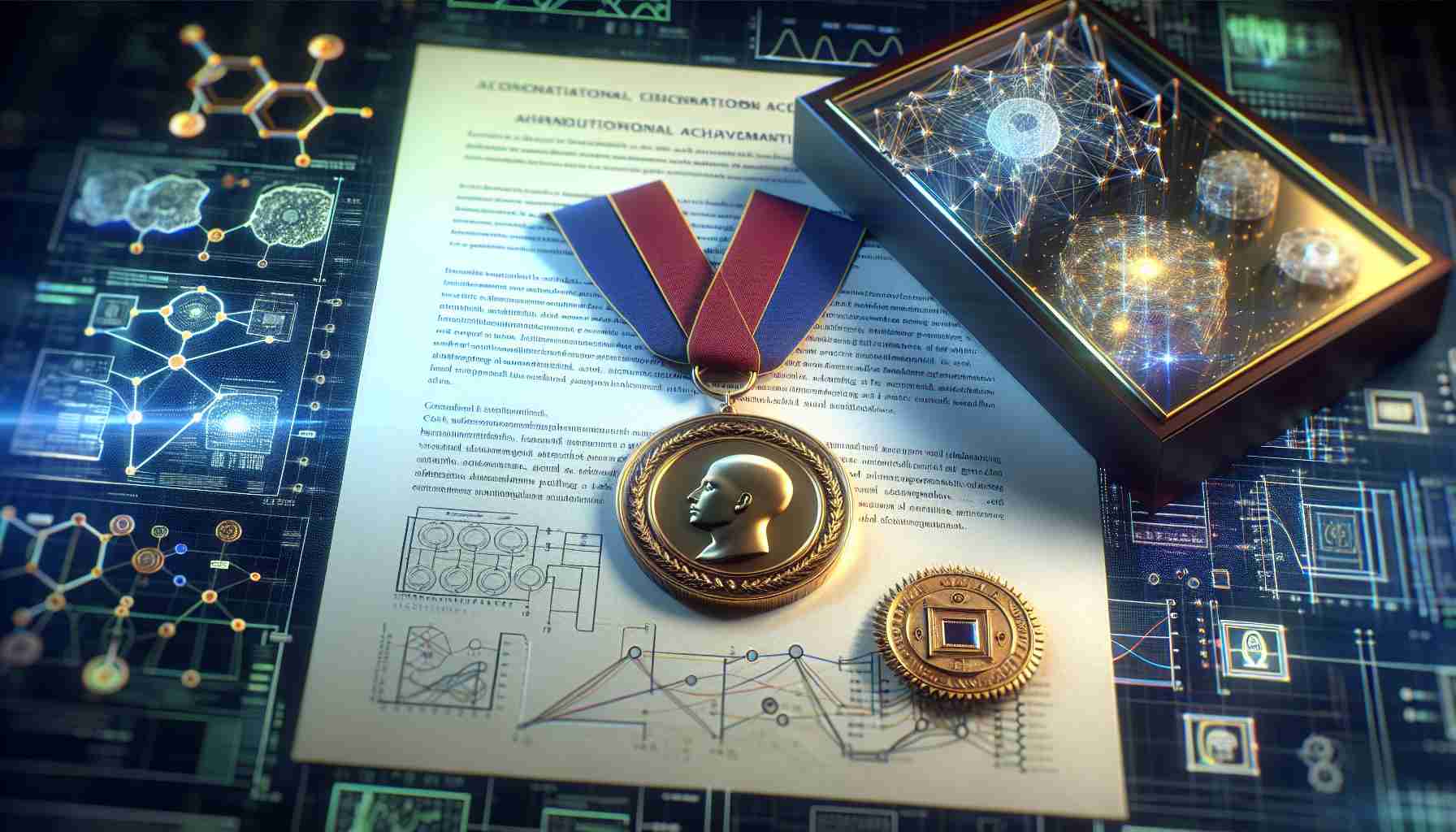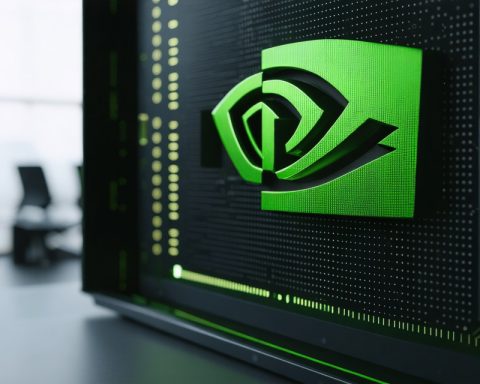John Hopfield, an esteemed US scientist, and Geoffrey Hinton, a prominent British-Canadian researcher, have been awarded the 2024 Nobel Prize in Physics for their pivotal work in the realm of machine learning. Their contributions have significantly influenced the rapid advancements in artificial intelligence, prompting both excitement and apprehension about the future of technology.
The technology underpinning their discoveries has far-reaching implications, promising transformative improvements across diverse fields, from healthcare advancements to enhanced administrative efficiency. However, these innovations also raise valid concerns regarding the potential for machines to surpass human intelligence and capabilities.
Hinton, hailed as an early pioneer of AI, took a bold step last year by resigning from Google to engage more freely in discussions regarding the possible dangers of the very innovations he helped create. He expressed a mixture of optimism about the positive contributions AI could make while also warning of the possible adverse outcomes if these technologies are not controlled.
Hopfield, a professor emeritus at Princeton University and now 91 years old, is celebrated for his development of associative memory systems, which revolutionize the way data can be interpreted and utilized. Notably, the Royal Swedish Academy of Sciences highlighted the profound impact of their work on contemporary machine learning techniques.
The winners share a monetary prize of 11 million Swedish crowns, reflecting the significance and recognition of their groundbreaking achievements in physics and technology. As society navigates the complexities of AI, the responsibility remains on humanity to harness these innovations ethically for the common good.
Groundbreaking Achievements in Machine Learning Recognized with Nobel Prize
In a historic moment for the field of artificial intelligence (AI), the 2024 Nobel Prize in Physics has been awarded to John Hopfield and Geoffrey Hinton for their pioneering contributions to machine learning. This recognition underlines the transformative impact of their work across various domains, reshaping how we think about AI and its integration into everyday life.
Key Questions Addressed
1. What are the fundamental contributions of Hopfield and Hinton to machine learning?
– Hopfield’s development of associative memory networks allows machines to retrieve information more efficiently, improving data processing and storage capabilities. Hinton is renowned for his work in deep learning algorithms, especially the backpropagation method, which has become a cornerstone of modern neural networks.
2. What are the societal implications of their achievements?
– The advancements in machine learning raise questions about the ethical use of AI, the potential for job displacement, and the implications of autonomous systems in decision-making processes. These concerns necessitate a responsible approach to AI deployment.
Key Challenges and Controversies
The road to the acceptance and integration of machine learning technologies is fraught with challenges. One significant concern is the potential for bias in AI algorithms, which can perpetuate existing inequalities. Additionally, the fear of privacy invasion due to AI surveillance capabilities remains a contentious topic. The debate surrounding the lack of transparency in AI decision-making processes has also stirred controversy, as users often struggle to understand how AI arrives at specific conclusions.
Advantages and Disadvantages of Machine Learning
Advantages:
– Increased Efficiency: Machine learning can automate complex decision-making processes, leading to greater efficiency in areas like healthcare, finance, and logistics.
– Enhanced Data Analysis: AI systems can analyze vast amounts of data at speeds unattainable by humans, uncovering patterns and insights that can drive innovation and discovery.
– Personalization: AI technologies enable more personalized experiences in products and services, enhancing user satisfaction.
Disadvantages:
– Job Displacement: The automation of tasks traditionally performed by humans raises concerns about unemployment and the future of work.
– Ethical Concerns: The use of AI in sensitive areas like criminal justice and hiring processes can lead to biased outcomes if not carefully monitored.
– Security Risks: As AI technologies evolve, so do the vulnerabilities associated with them, including potential misuse for malicious purposes.
Conclusion
The recognition of Hopfield and Hinton’s work with the Nobel Prize highlights the critical intersection of machine learning and societal impact. As we advance into an era increasingly dominated by AI, it is crucial to foster discourse around ethical utilization while grappling with the challenges that accompany such monumental technological shifts.
For more insights into the future of AI and machine learning, you can visit OpenAI and IBM.













